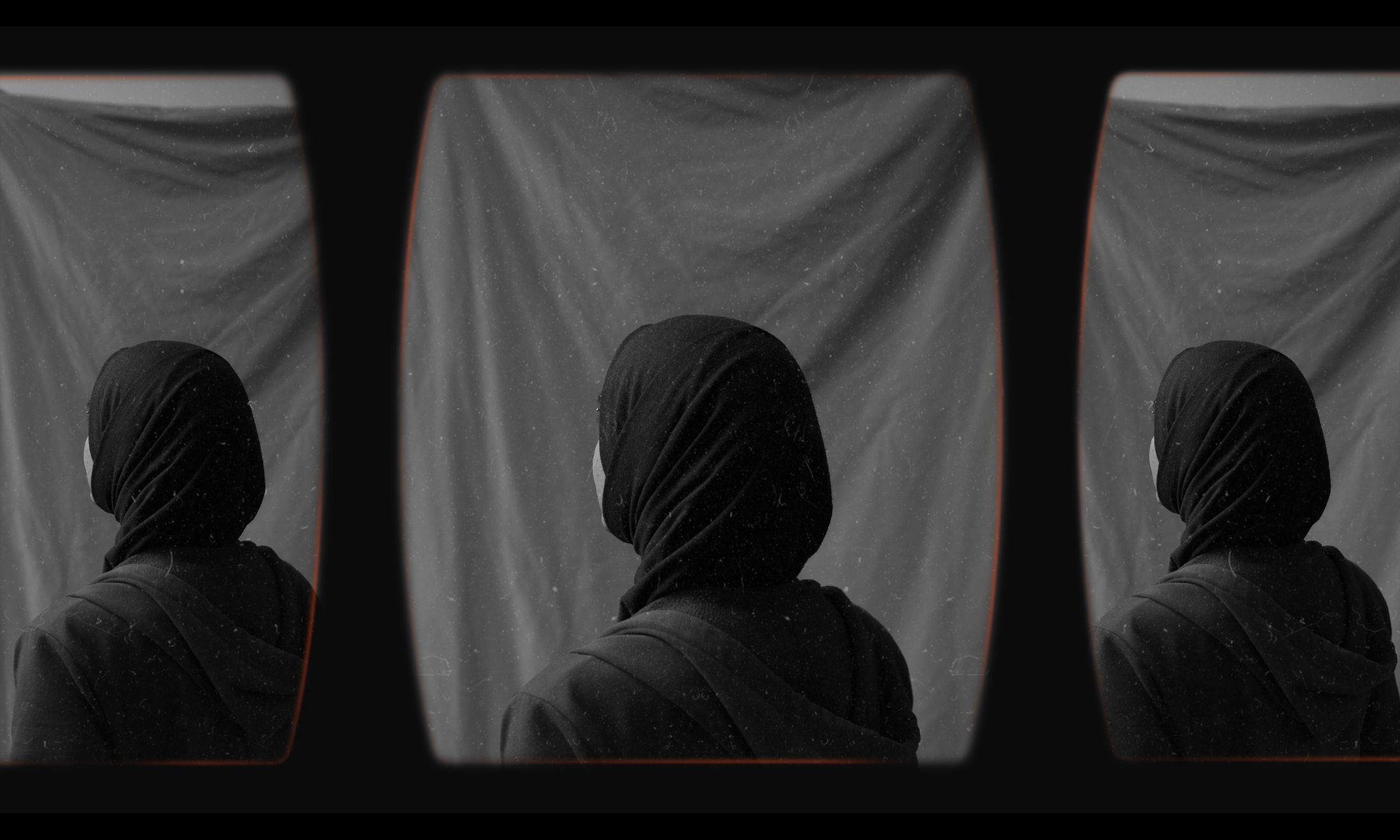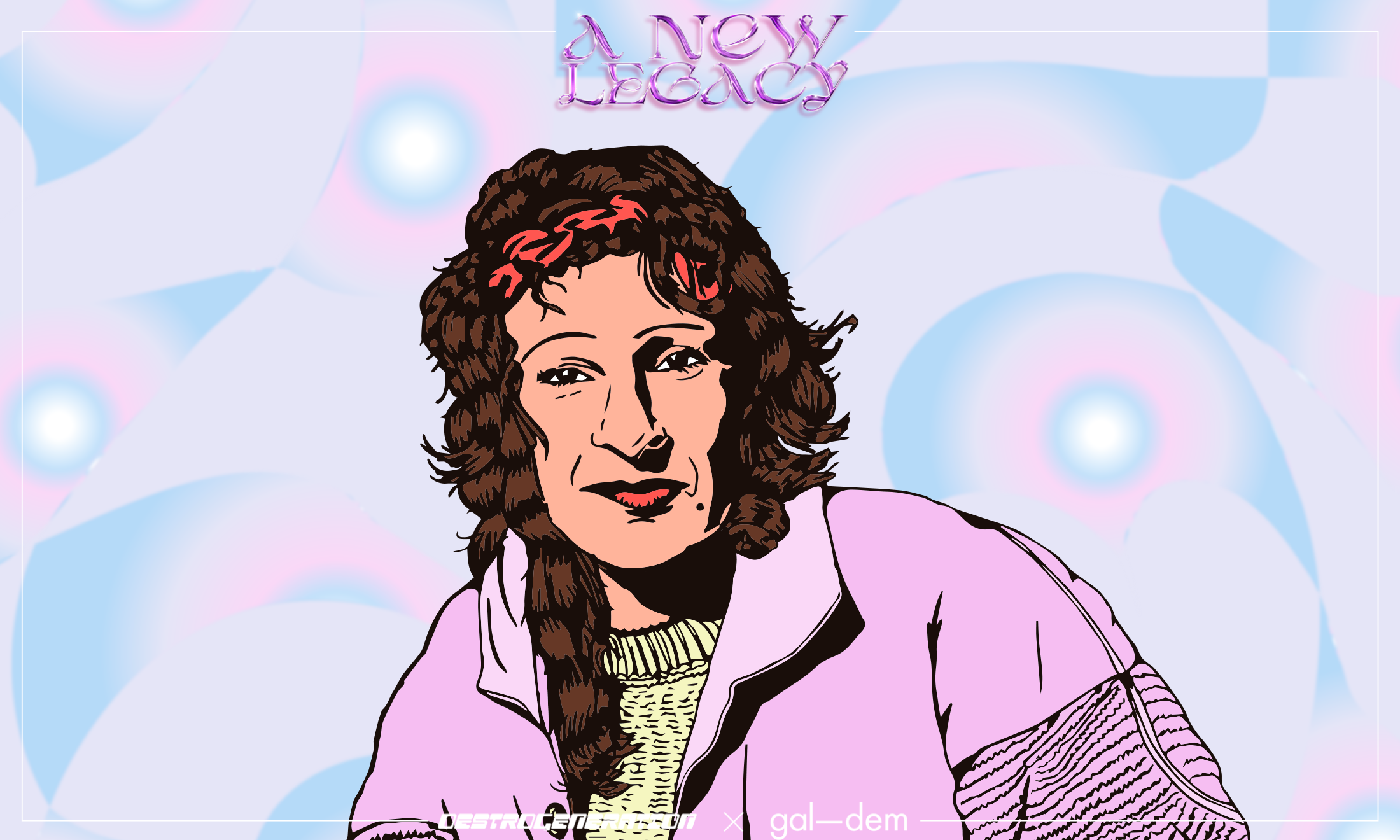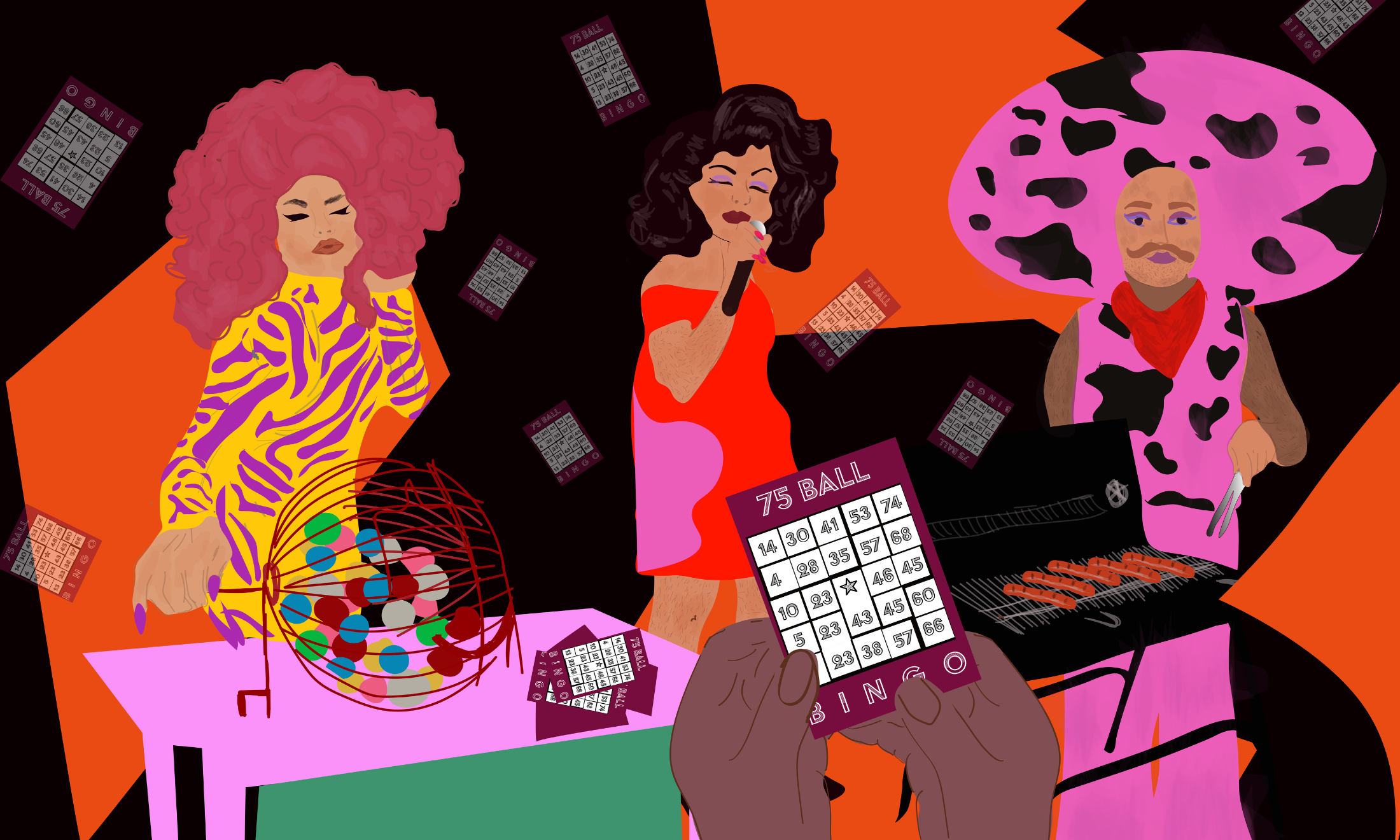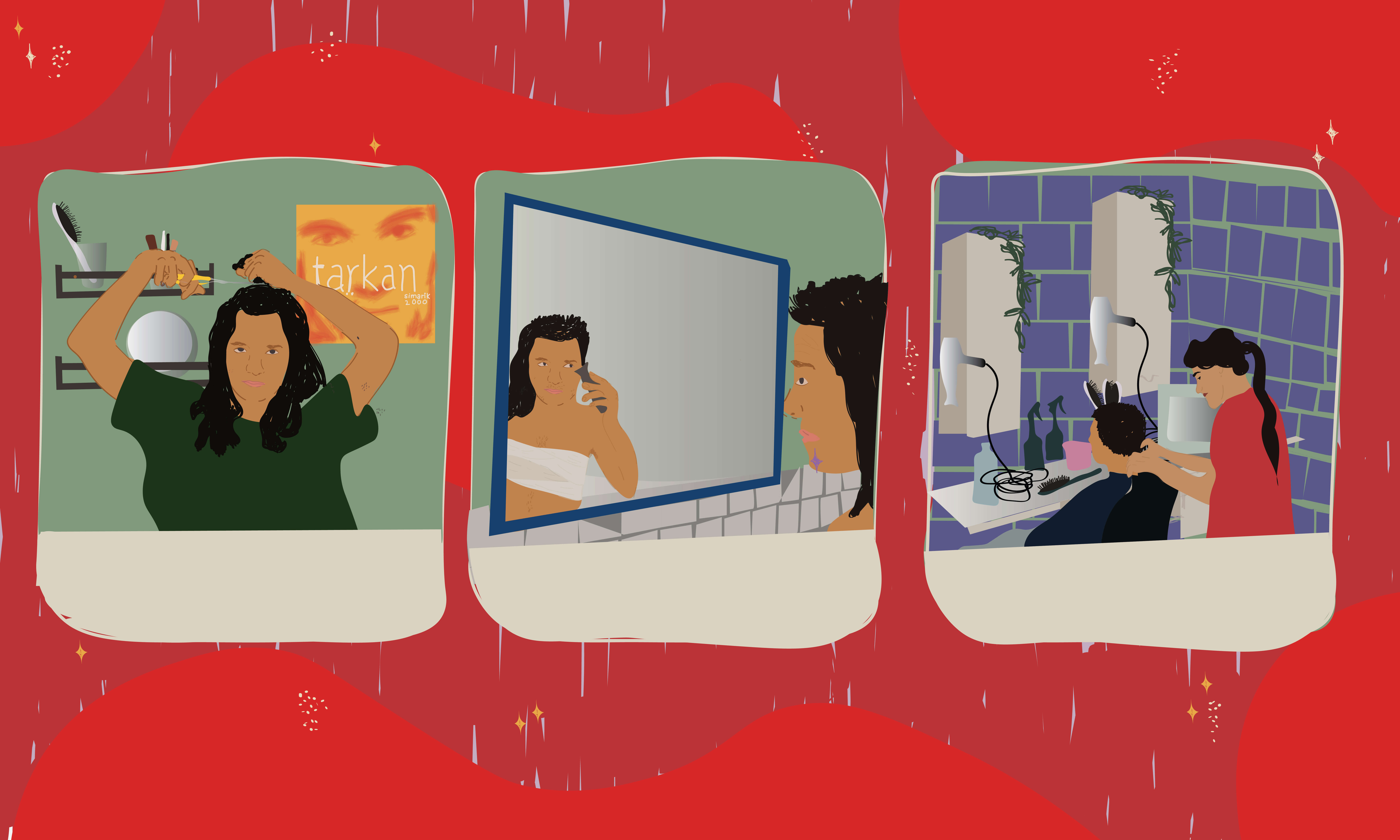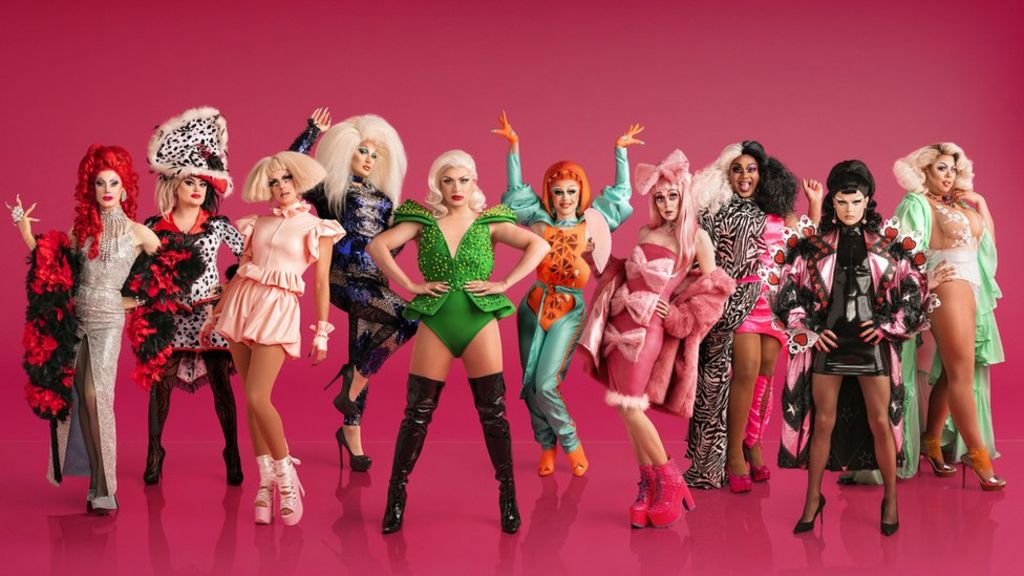
With their majority-white lineup, Drag Race UK has given us no choice but to drag them
Portia B
22 Aug 2019
Photography via BBC3
LGBTQ+ representation is definitely on the rise. Both on and off camera, people and spaces such as BBZ, AZMag UK and 1Xtra’s Dotty continue to increase safe havens and the public presence of LGBTQ+ people of colour. Regardless, it doesn’t change the fact that gay, cisgender white men have been centred in LGBTQ+ stories for decades. This is only reinforced by the most recent announcement for RuPaul’s Drag Race UK.
As the first season in the UK, many were excited to hear about the news when it was first announced – but unfortunately, the lineup serves as a quick reminder of how much PoC voices continue to be overlooked. Out of 10 contestants, eight of them are white, while Vinegar Strokes and Sum Ting Wong are the only contestants of colour. And it doesn’t get any better when looking at the judges. RuPaul is the only black permanent judge, while Chewing Gum’s Michaela Coel and Jade Thirwill from Little Mix are the only PoC guest judges, and also, as far as we know, aren’t queer. In total, only five people of colour are part of a team of 20+ individuals.
Some are arguing that it’s for the best. In a recent tweet, Shahmir Sanni said he was ok with a predominantly white lineup after racist statements emerged from contestant Baga Chipz. “It’s good that UK Drag Race didn’t go out of their way to get queer people of colour because these are the kind of drag queens they’d be competing with”, the tweet read, alongside an exerpt from a Baga Chipz interview. “Outright racists. Shame on @dragraceukbbc. We won’t be tuning in, that’s for sure”.
“RuPaul missed a perfect opportunity to counteract what is still a very racist and whitewashed space”
With these quotes in mind, it’s important to remember that representation isn’t always enough. While we need a seat at the table, it is pointless if we face discrimination by those we share it with. Therefore, the desperate need for UK spaces such as Lick and The Cocoa Butter Club are no surprise. Many are tired of waiting to be let in, so we respond by making our own spaces.
To be LGBTQ+ and a person of colour is to constantly face multiple domains of discrimination. It’s a tale we often hear surrounding those with multi faceted identities – we often feel too queer for many PoC spaces, and alienated in many queer spaces. This gets more complex when more intersections are a part of your identity.
RuPaul missed a perfect opportunity to counteract what is still a very racist and whitewashed space. As a black celeb with a massive global influence, he could have used this platform to uplift more people of colour. While the UK scene is small compared to the US, it doesn’t take much research to find people such as Cara Melle or Tayce – who would make great contestants, or perhaps Gok Wan, who could have made a good guest judge.
It would be great to see more PoC faces on the next season, but the reality is (more often than not) we’ve had to come together and create our own representation. Pose, which explores ballroom culture rather than drag, is a rare exception, with onscreen collaborations between white and PoC LGBTQ+ people being few and far between.
While issues surrounding representations of race and queerness existed long before Drag Race, it doesn’t justify the show reinforcing the same negative trope – one that implies that for queer communities, whiteness is the norm. For RuPaul, it seems that everyone else is (at most) an afterthought.


